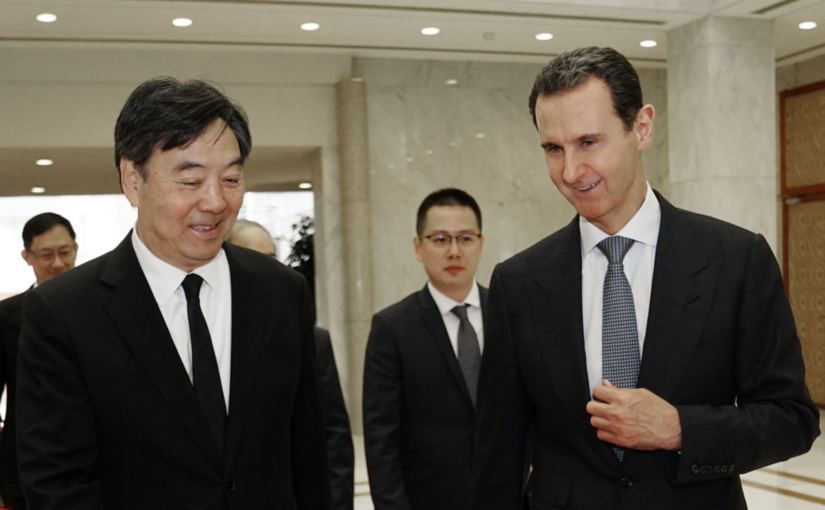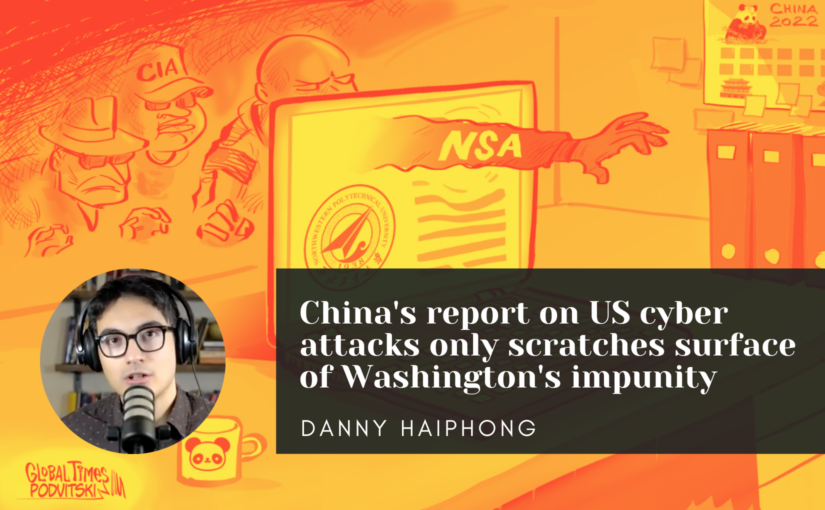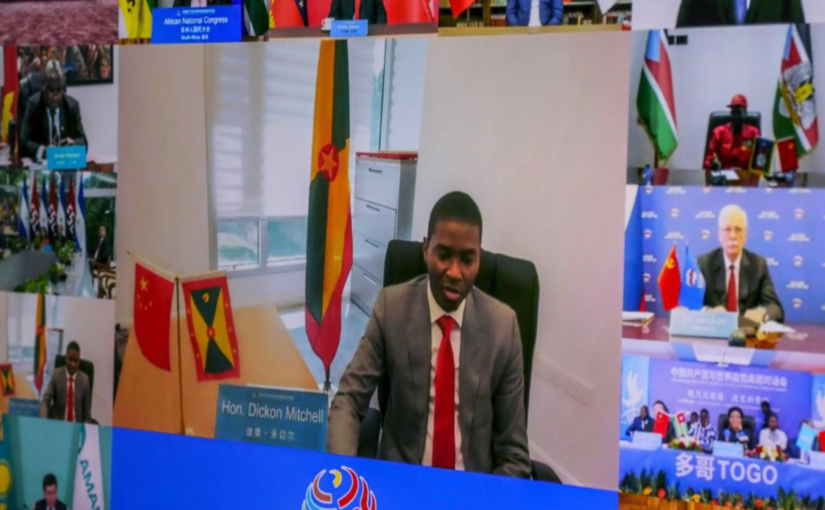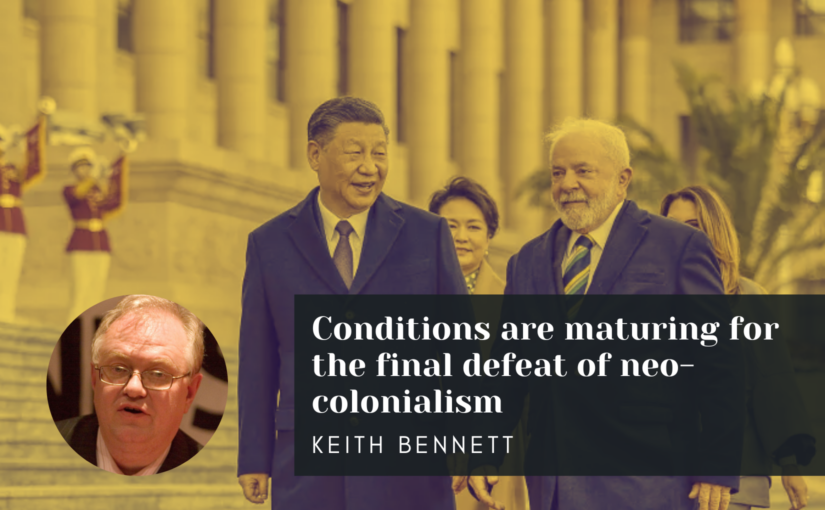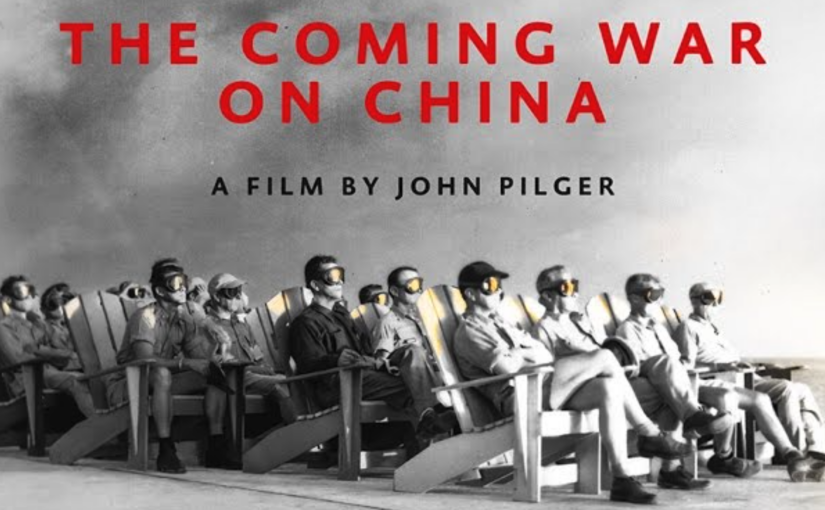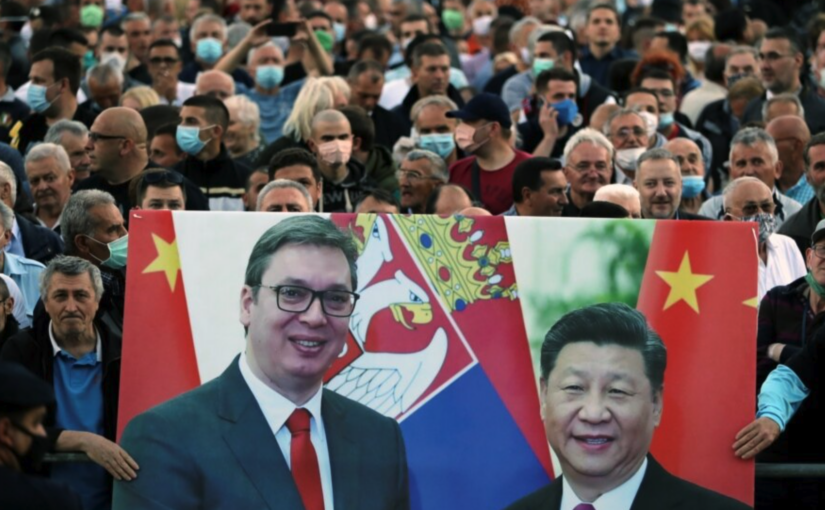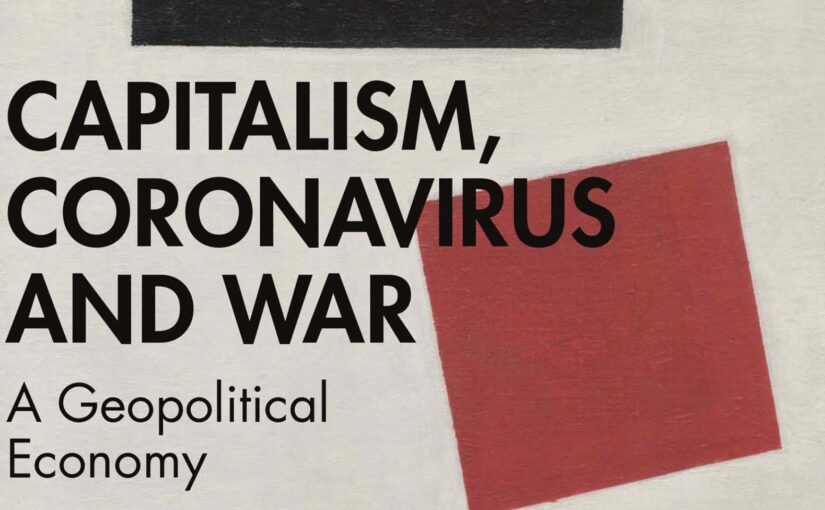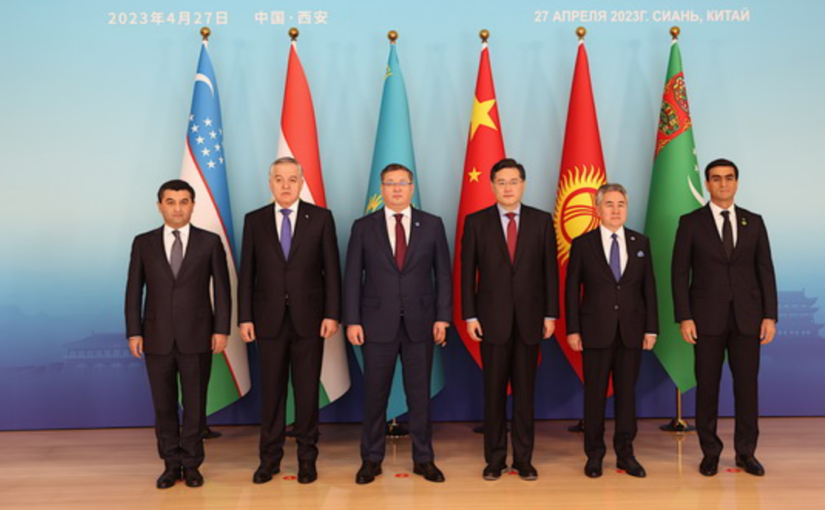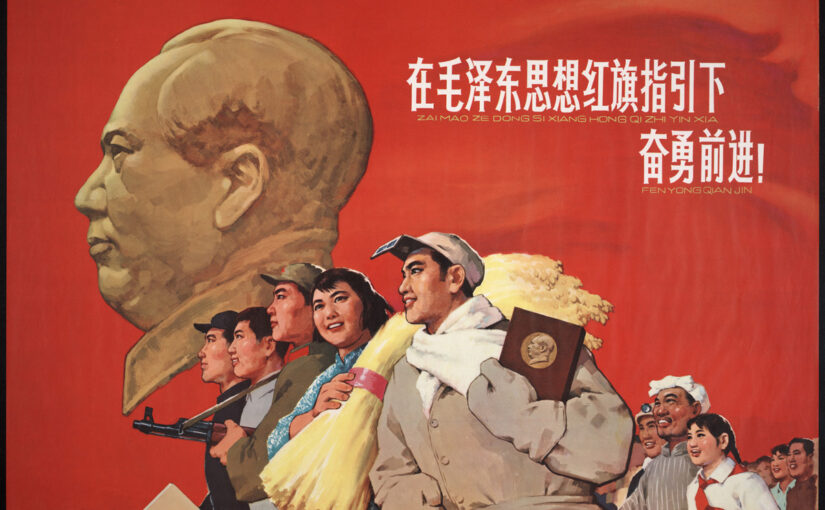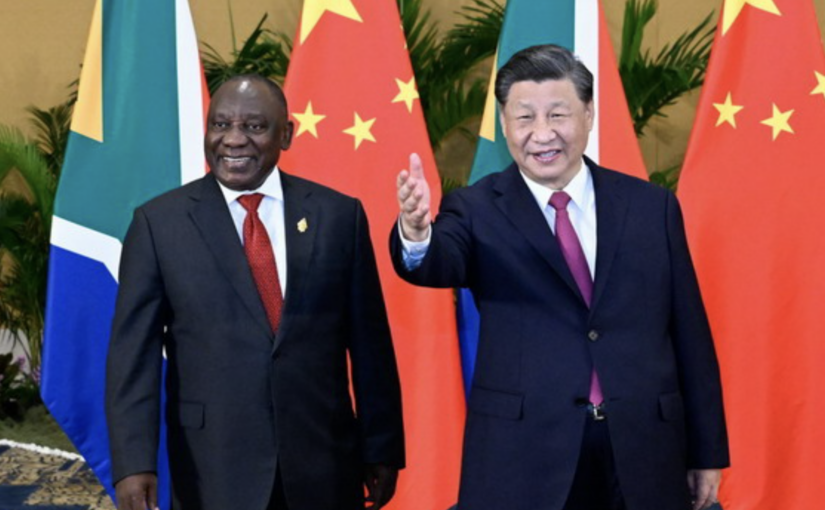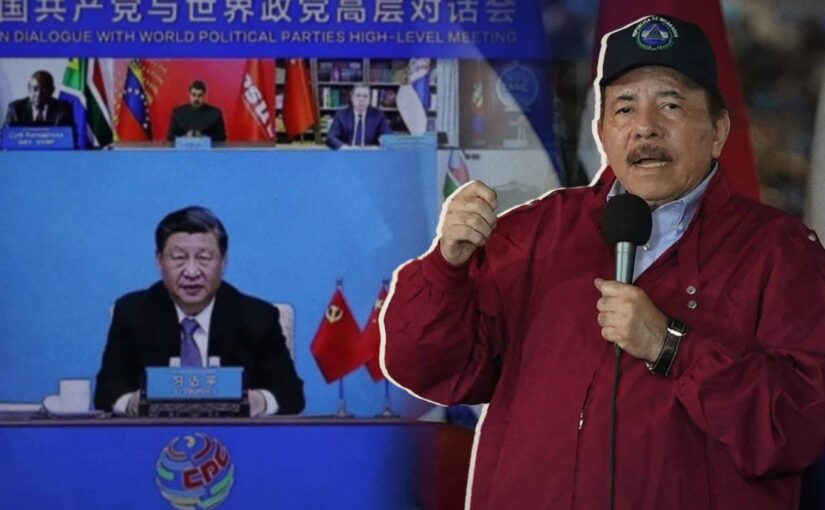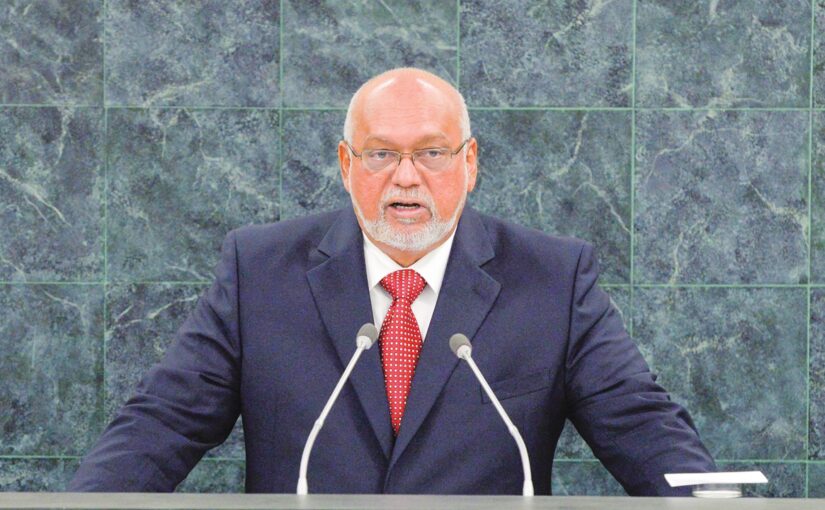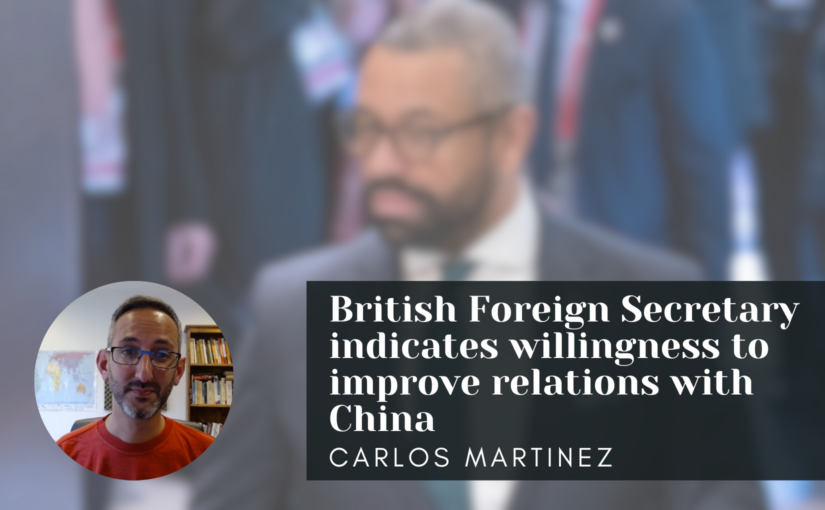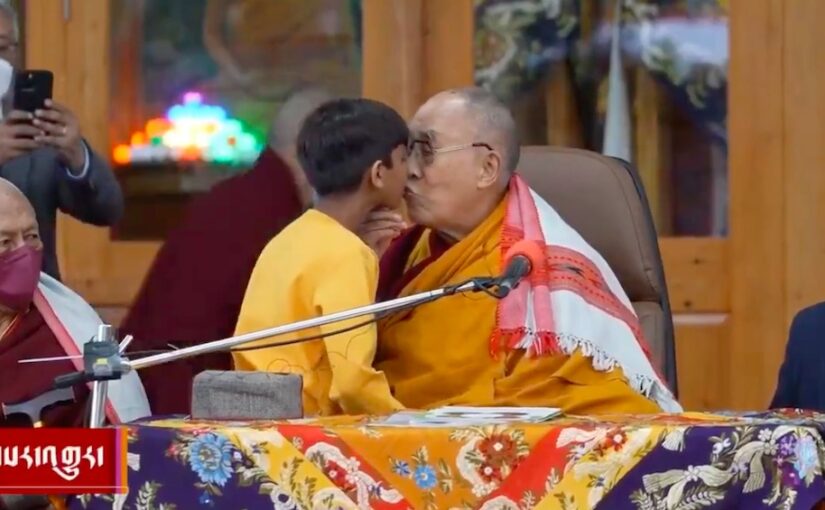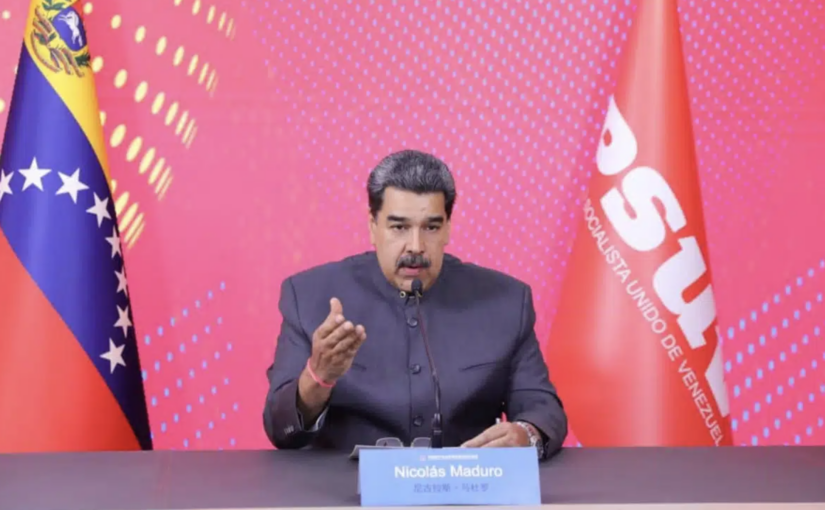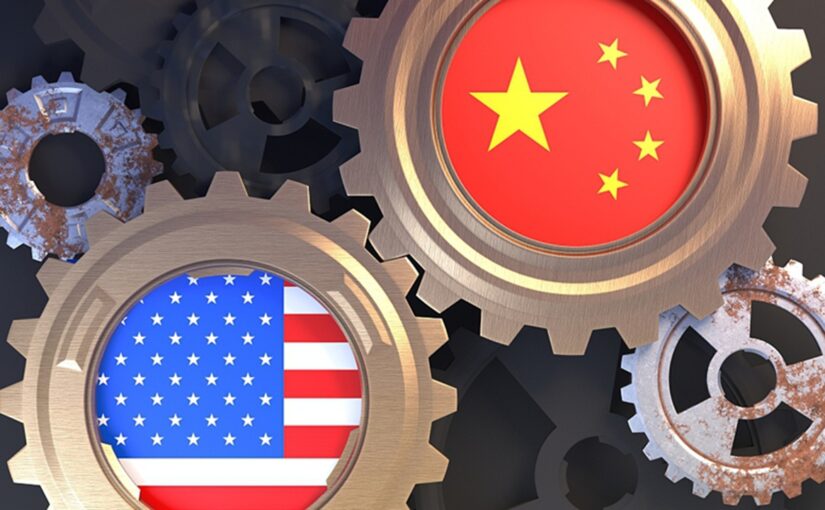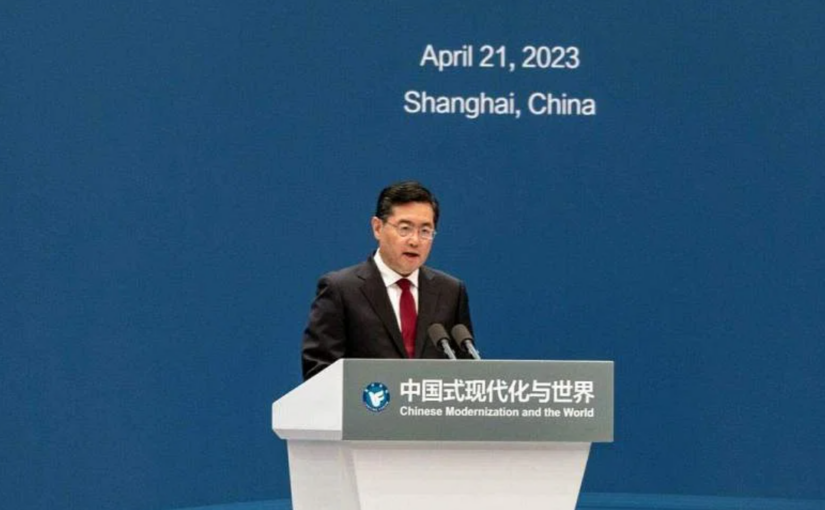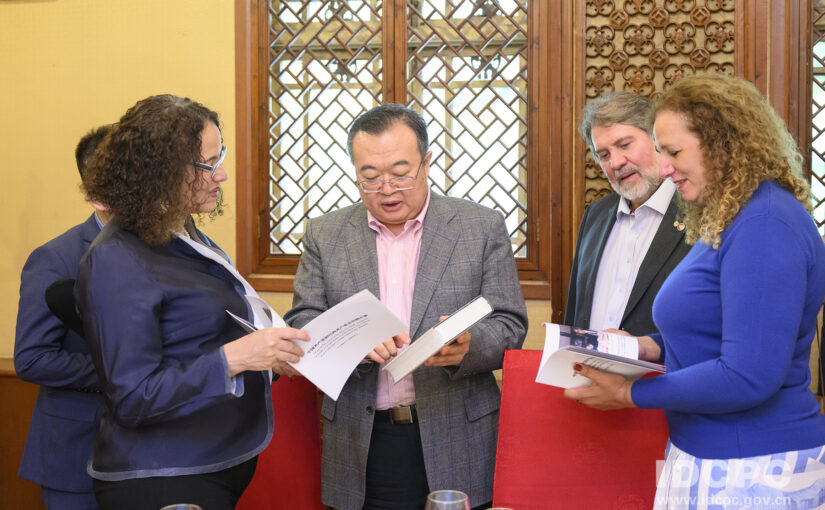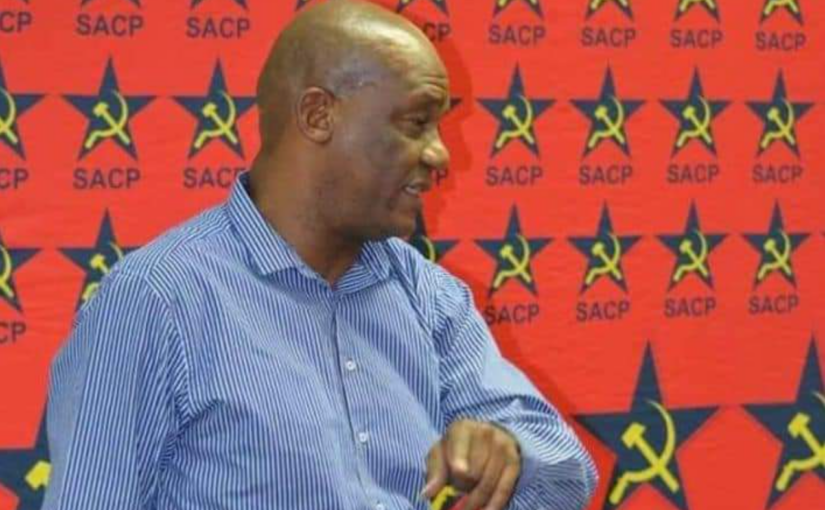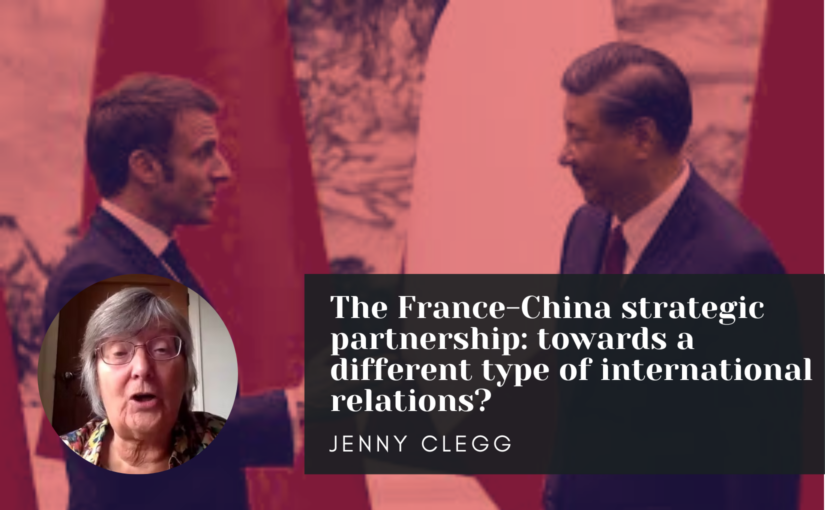Some 12 years after it was unjustly excluded, Syria was readmitted to the Arab League on May 7. An emergency meeting of the League’s Foreign Ministers, held in the Egyptian capital Cairo, resolved to restore Syria’s membership with immediate effect. This clears the way for Syria to attend the League’s Summit, which is due to convene in the Saudi Arabian city of Riyadh on May 19. The Wall Street Journal described the move as, “complicating American efforts to isolate President Bashar al-Assad and signalling a waning of US influence in the Middle East.” The paper added: “The decision to readmit Syria to the Arab League represents a rejection of US interests in the region and shows that Middle Eastern countries are forging policies independent of Western concerns.”
Syria’s diplomatic victory is part of a broad and dramatic redrawing of the geopolitical map of West Asia particularly following the agreement between Iran and Saudi Arabia, mediated by China, to restore bilateral relations.
Reporting on the summit meeting between China and the Arab League, held during President Xi Jinping’s visit to Saudi Arabia last December, and noting that the Chinese leader’s proposals to his Arab counterparts included a pledge to provide humanitarian support and reconstruction efforts for a number of countries, including Syria, this website commented, on December 12 2022, that: “This is particularly significant in that Syria is still unjustly excluded from the League of Arab States, although considerable progress is being made to rectify this.”
Consistent with these trends, on April 29, Syrian President Bashar al-Assad received the visiting Special Envoy of the Chinese Government on the Middle East, Zhai Jun in his capital, Damascus.
At their meeting, President Assad noted that the most significant positive change in the world has been the Chinese role, which is increasing in a calm and balanced manner, and that this role has become a new model in politics, economy, and culture. He went on to observe that the entire world today needs the Chinese presence politically and economically to rebalance the global situation and praised the Chinese mediation that culminated in the rapprochement and improvement of relations between Saudi Arabia and Iran, which, he said, will have a positive impact on the stability of the entire Middle East region.
Underlining the importance of the Belt and Road Initiative (BRI), the Syrian leader said that the confrontation with imperialism has become economic in the first place, which makes it increasingly necessary to reduce the use of the US dollar in transactions, and that BRICS countries can play a leading role in this area, along with the option of adopting the Chinese yuan for trade payments between countries.
Assad said that Syria does not forget that Beijing has been by its side during the war years to defend its sovereignty, adding that all the assistance provided by Beijing during the earthquake catastrophe was appreciated.
For his part, Zhai Jun expressed China’s satisfaction with the victory achieved by the Syrian people in their battle against terrorism, considering it a victory for all countries that defend their sovereignty and dignity. He added that Beijing will support Syria with words and deeds in international forums in defense of truth and justice, and support its battle against hegemony, terrorism and external interference. He also expressed his country’s support for the positive developments taking place in the rapprochement between Syria and the Arab countries.
Shortly before his meeting with the head of state, Zhai Jun met with Fayssal Mikdad, Syria’s Foreign and Expatriates Minister, who renewed his country’s support for the territorial integrity of China and the one-China principle, while, for his part, Zhai expressed his appreciation for the achievements made by Syria, a country friendly to China, and China’s rejection of all attempts to interfere in Syria’s internal affairs, reiterating his country’s support for Syria’s unity, sovereignty and independence.
The following reports were originally carried by the Syrian Arab News Agency (SANA).
President al-Assad receives Special Envoy of the Chinese Government on the Middle East
President Bashar al-Assad received Saturday Special Envoy of the Chinese Government on the Middle East Zhai Jun.
The central topic between the President al-Assad and Zhai Jun was the common perceptions of the bilateral relationship between Syria and China within the larger landscape of China’s relationship with the countries of the Middle East and its vital role throughout this region.
President al-Assad pointed out that the most significant positive change in the world has been the Chinese role, which is increasing in a calm and balanced manner, and that this role has become a new model in politics, economy and culture, especially as it is based on the principle of achieving stability, peace and profit for all.
President al-Assad noted that the entire world today needs the Chinese presence politically and economically to rebalance the global situation, taking into account the Russian-Chinese relations and the BRICS alliance in terms of constituting a strong international space capable of creating a multipolar international order.
President al-Assad praised the Chinese mediation that culminated in the rapprochement and improvement of relations between Saudi Arabia and Iran, which will have a positive impact on the stability of the entire Middle East region.
His excellency underlined the importance of the Belt and Road Initiative aimed at achieving development and economic cooperation.
President al-Assad stressed that the confrontation has been economic in the first place, which makes it increasingly necessary to release the US dollar in transactions, and that BRICS countries can play a leading role in this area, as well as the option of adopting the Chinese yuan for trade transactions between countries.
President al-Assad said that Syria does not forget that Beijing has been by its side during the war years to defend its sovereignty in accordance with international law and the United Nations Charter, and we appreciate all the assistance provided by Beijing during the earthquake catastrophe.
President al-Assad conveyed his greetings to the Chinese President Xi Jinping and the Chinese people.
For his part, the special envoy Zhai Jun conveyed to President al-Assad the greetings of the Chinese president, Xi Jinping, and his keenness to achieve greater results at the level of bilateral relations.
He stressed that China views relations with Syria from a strategic perspective and within the framework of a comprehensive vision for the region.
Zhai Jun expressed his country’s satisfaction with the victory achieved by the Syrian people in their battle against terrorism and considered that it is a victory for all countries that defend their sovereignty and dignity.
He said that Beijing will support Syria with words and deeds in international forums in defense of truth and justice, and support its battle against hegemony, terrorism and external interference
He expressed his country’s support for the positive developments taking place in the rapprochement between Syria and the Arab countries.
Mikdad: Syria supports the One-China principle
Foreign and Expatriates Minister, Fayssal Mikdad, met on Saturday the Special representative of the Chinese Government for the Middle East affairs Zhai Jun and the accompanying delegation.
During the meeting, Minister Mikdad renewed Syria’s support for the territorial integrity of China and the one-China principle , rejecting in this regard the attempts of some countries to interfere in China’s domestic affairs.
In turn, the Chinese envoy expressed his appreciation for the achievements made by Syria, a country friendly to China, and China’s rejection of all attempts to interfere in its internal affairs, reiterating his country’s support for Syria’s unity, sovereignty and independence.
